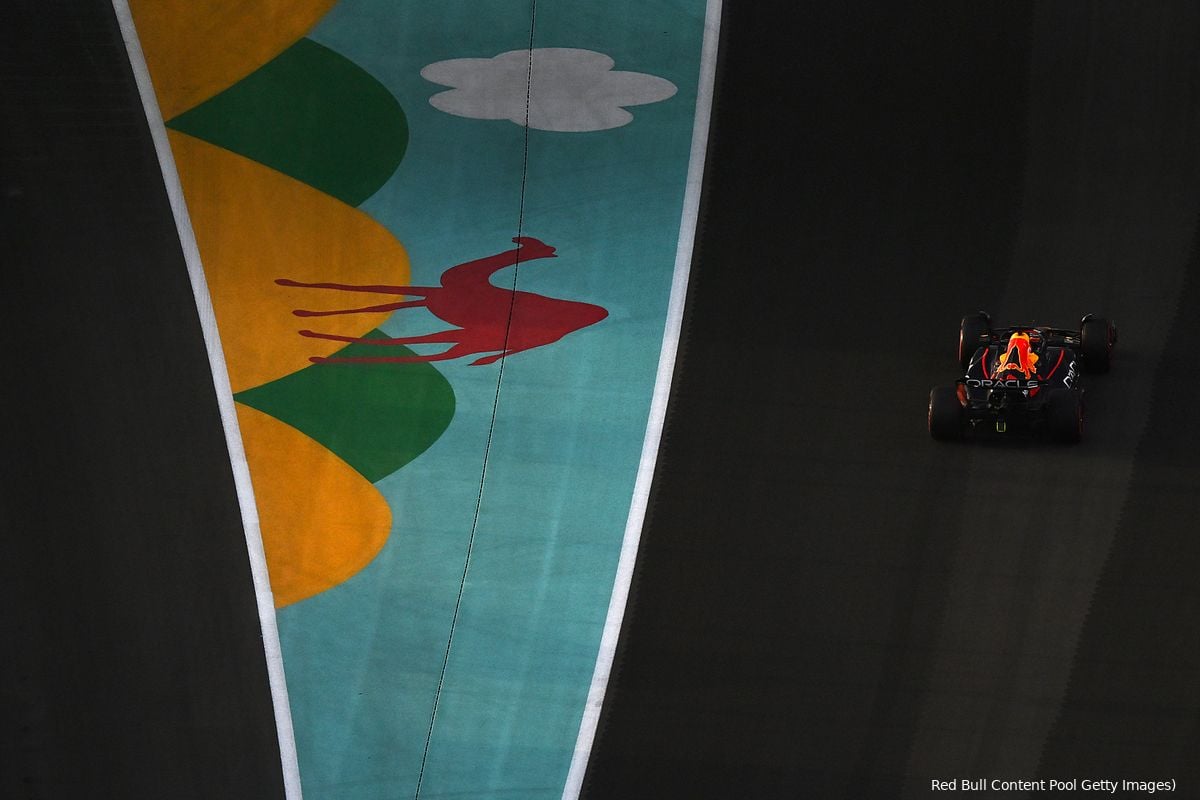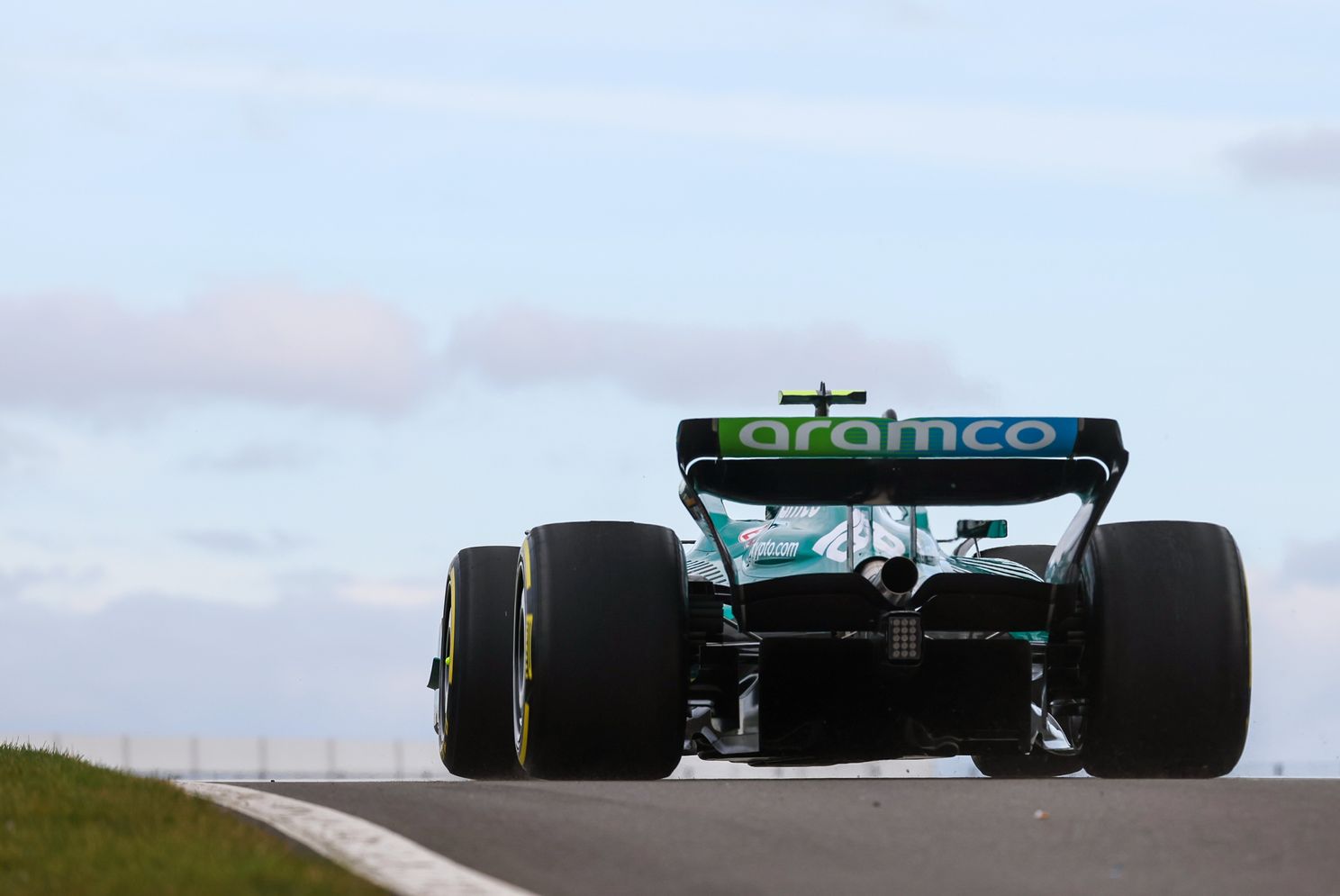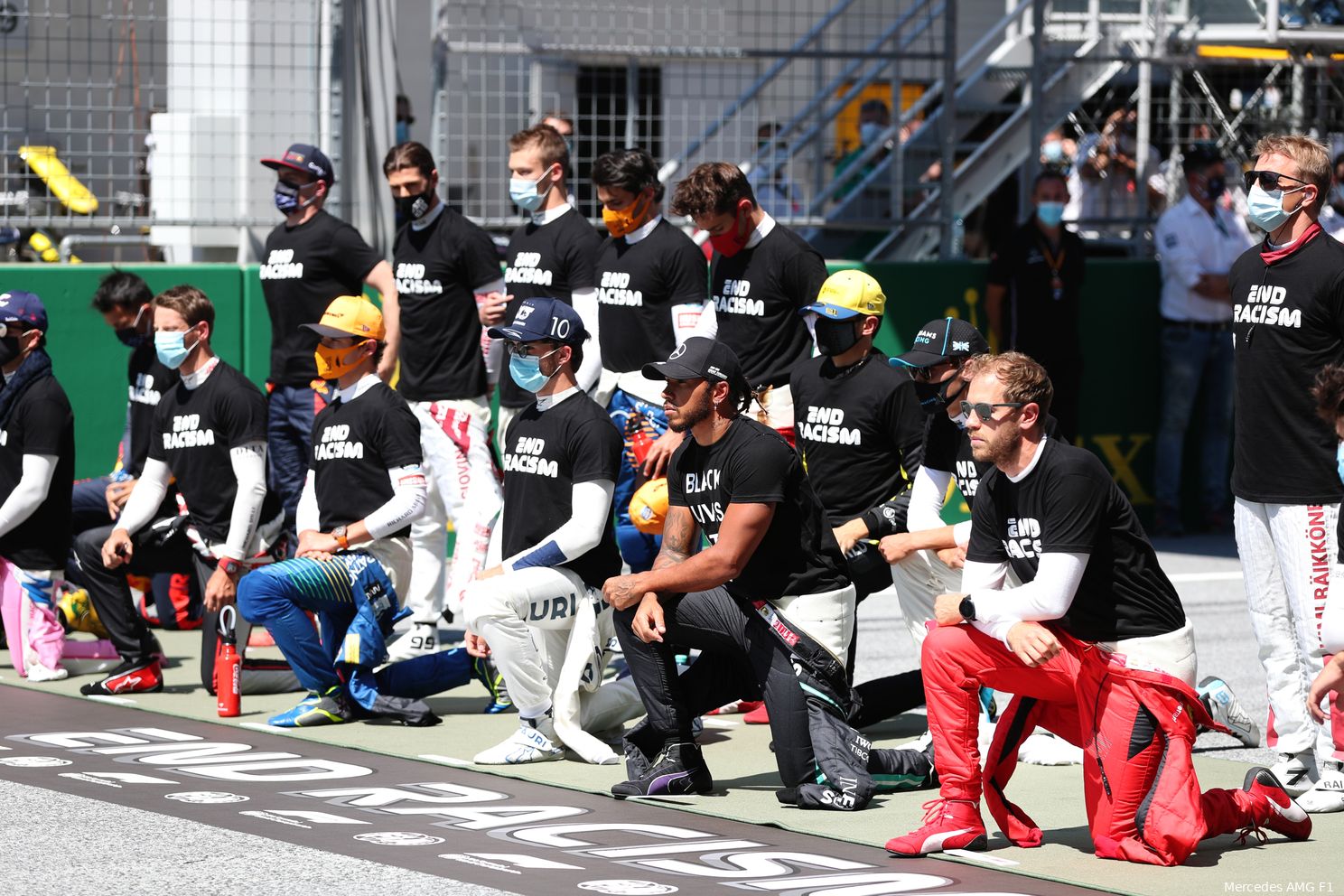
Despite the questionable human rights situation in Saudi Arabia, the Grand Prix of Saudi Arabia will take place at the Jeddah Corniche Circuit for the third year in a row this weekend. The 2022 race in Saudi Arabia was overshadowed by a rocket attack and mass executions, after which race winner Max Verstappen indicated that the drivers ‘needed answers’. Recently the FIA introduced a new rule that prohibits making political statements without permission. F1Maximum researched the situation in Saudi Arabia and spoke with Dr. Daniela Heerdt, expert in the field of human rights violations at major sporting events, and works at the TMC Asser Institute in The Hague.
Since the takeover of Formula 1 by Liberty Media, the Formula 1 calendar has continued to expand, and we increasingly see events in oil countries with the necessary human rights problems. Usually these countries also pay the most money to organize a race and are rewarded by the FIA with long-term contracts.
Saudi Arabia, Qatar, Azerbaijan and the United Arab Emirates are the largest sources of income for the FIA with annual contributions of over $50 million. Together with the races in Canada, Miami and Australia, these are also the races with the longest-term contracts, in the case of Saudi Arabia up to and including 2030. In addition, Formula 1 concluded a lucrative sponsorship deal a few years ago with oil giant Saudi Aramco, a deal that will yield Formula 1 more than 400 million euros, according to Motorsport Week.

F1 drivers expressed their concerns
While the FIA in particular and indirectly the teams also benefit financially from visiting these oil states, a number of drivers have expressed concerns about their own safety and the ethical message they are conveying by participating in the Grand Prix. That is how world champion Max Verstappen gave according to CNBC said after the 2022 Grand Prix that “the drivers needed answers and that the drivers would come together after the weekend to see what this would mean for the future.” Four-time world champion Sebastian Vettel wondered “how much he could say and do as a paid guest in Saudi Arabia” after a 2022 boycott was averted, according to PlanetF1. Incidentally, Vettel did not participate in the Saudi Arabian Grand Prix in 2022, having previously missed the opening race in Bahrain due to a corona infection.
The current human rights problems in Saudi Arabia
Dr. Heerdt, a lawyer at the TMC Asser Institute, the center for International and European law, was consulted about the current situation in Saudi Arabia. “Saudi Arabia still has the death penalty, has criminalized freedom of expression, and suppresses the rights of women and migrants,” said Heerdt. ‘The country is also known for the arbitrary detention of human rights defenders. Many of these issues also apply to other parts of the Middle East, particularly those related to the treatment of migrants, restrictions on freedom of expression and systematic discrimination against women and girls.’
Heerdt believes that not much progress has been made in recent decades with regard to these problems. “There have been some reports of promised progress on women’s rights, but this seems to have been limited or not followed up at all. The case of the murder of the journalist Khashoggi and the subsequent trial even seem to be a sign that the situation has deteriorated. Prison sentences for doing human rights work have recently been increased.’
What role does the presence of Formula 1 play?
It is clear that the situation in Saudi Arabia is far from ideal, but another important issue is what role the presence of Formula 1 plays in this. On the one hand, this makes it easier for Saudi Arabia to put itself on the international map despite the poor human rights situation, on the other hand, the country is put in the spotlight and receives negative media coverage every year.
Dr. Heerdt elaborates on the influence of a major sporting event in a country: ‘A major sporting event brings a country or city to the attention. For several decades, this attention has also been focused on the political and human rights situation in that country. Human rights organizations such as Human Rights Watch or Amnesty International use this attention to highlight human rights problems and put pressure on the organizing country and the international community to address these problems. Qatar is a good example, and possibly the only example so far, where this attention has actually helped in the form of positive changes. In Qatar, labor laws have been amended to better protect migrants, although implementation and enforcement are still lacking.’
“The negative aspect goes hand in hand with the human rights problems that the organizing country is already experiencing, since organizing such an event often leads to the amplification of current human rights violations,” continues the German lawyer. In the case of Saudi Arabia, it is very likely that the international attention the country is now receiving for hosting the Grand Prix will lead human rights activists to use this moment in the spotlight to highlight certain issues. This in turn can lead to the government acting even harder than before, resulting in even higher prison sentences or more violence against demonstrators.’
FIA strips F1 drivers of their right to speak out
While in 2021 and 2022 there was frequent talk of a boycott of the Grand Prix, it is quieter this year around the race weekend in Saudi Arabia. Dr. Heerdt was asked whether such a boycott would have the desired effect. ‘That depends on what the goal is’, Heerdt answers. “If the FIA were serious about their intention to improve the human rights situation, as stated in their own Statutes (Article 1.2, ed.), Saudi Arabia should not be organizing this event. But in my opinion a boycott is not the solution, since that would close the door completely, which would also remove the space for dialogue and possible influence on the situation.’
Finally, Heerdt discusses the role of the drivers around the Grand Prix, and what they can do to improve the situation: “The drivers have rights just like any other human being,” explains Heerdt. ‘One of these rights is their freedom of expression. This right is not absolute, which means that limitations are possible under certain circumstances. Those restrictions must meet certain criteria. Remarkably enough, the FIA has recently adjusted the rules regarding the freedom of expression of drivers, which means that drivers will feel less free to express their opinion. Later, the FIA released a statement trying to justify the restriction imposed on drivers, and explaining some scenarios in which a driver is allowed to speak out. These scenarios are quite vague.’

FIA contradicts its own guidelines
What is striking is that with this rule change the FIA is trying to prevent drivers from making unapproved political, religious and personal statements in the context of the competition, while the FIA promises in its own Statutes not to discriminate on based on political opinion or personal situations, and to support the rights of underrepresented groups’, explains Heerdt. “It is therefore very unlikely that the recently imposed restriction on freedom of expression meets the criteria of the FIA Rules.”
Lewis Hamilton is one of the drivers who often speaks out about the situation in a country visited by Formula 1. Last year, for example, Hamilton called on Saudi Arabia to improve its human rights situation, according to the BBC. Dr. Heerdt indicates that drivers should be free in what they do or do not want to say about the human rights situations in countries where Grands Prix are organized: ‘Finally, just because the drivers have the right to speak out, that does not mean that they are here have to make use of. Hamilton often says he has a responsibility to speak out about certain things because of the platform he has as a successful athlete, but there is no legal obligation to do so. Where Hamilton has a large team behind him, including media people, other drivers do not. They may have less support in understanding the rules and the consequences they may face if they break such a rule.’
The uncertainty about what drivers can and cannot say about the situation within a country can therefore lead to drivers being afraid to speak out. For example, the BBC reported last year that drivers had been warned about the difficulties of leaving the country if they did not race. We will see next weekend whether there will be less controversy at the Saudi Arabian Grand Prix this year.
By: Mark Hanselman




